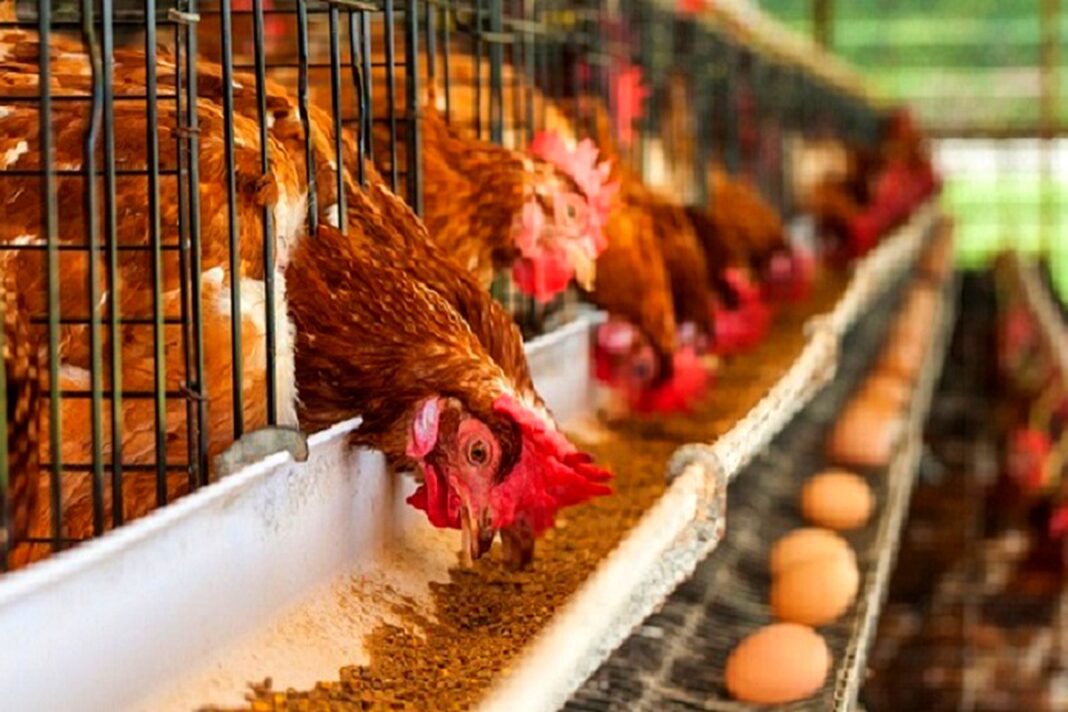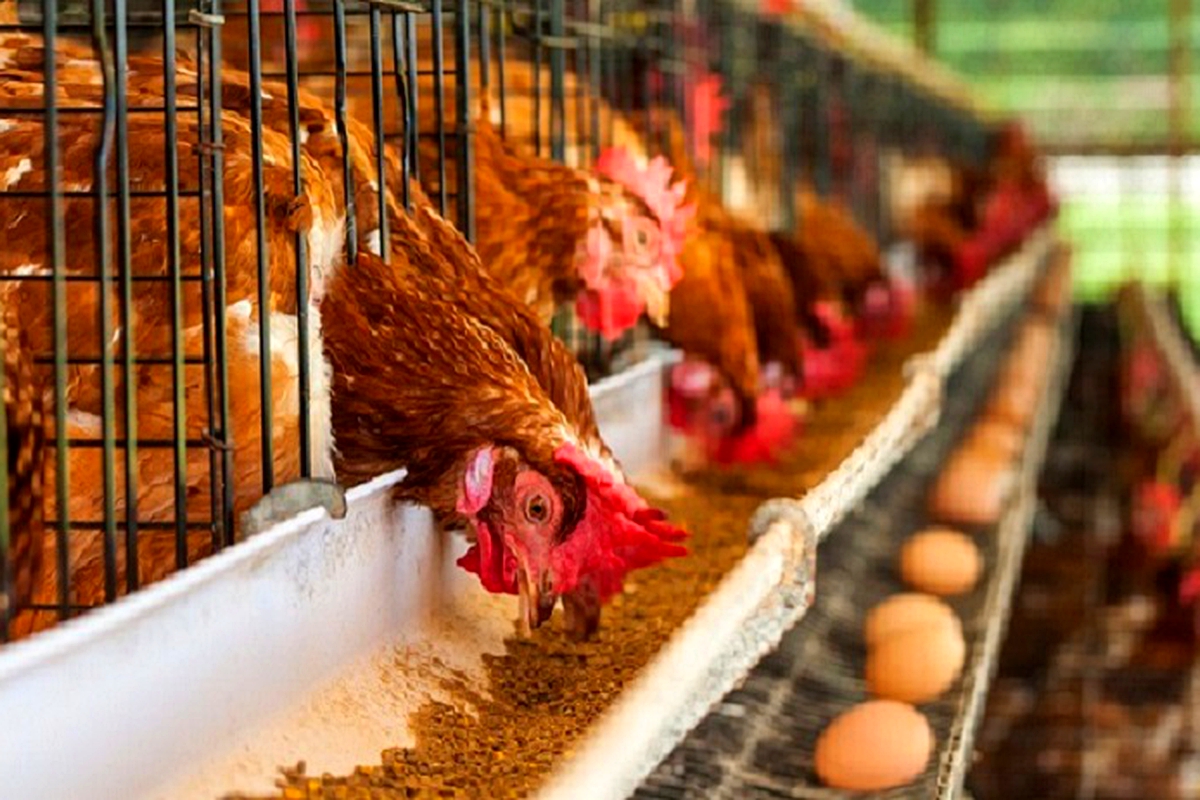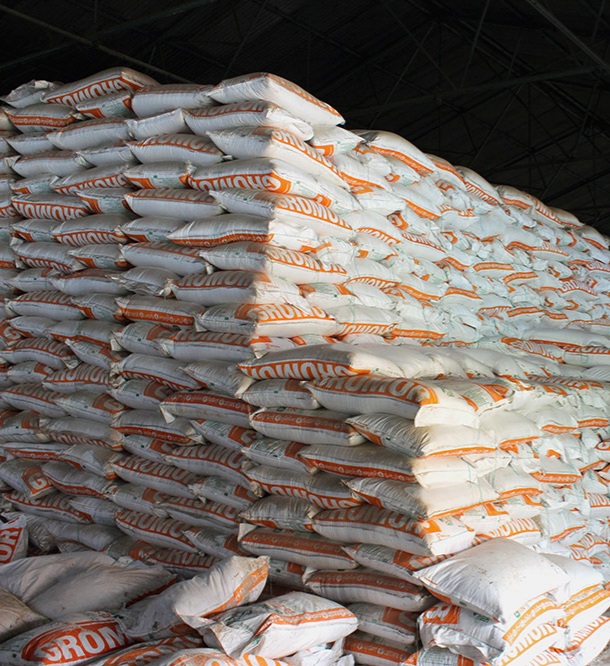…as small window for self-sufficient market opens
Kabelo Masoabi
A window of opportunity has opened for Lesotho poultry farmers to realistically establish a sustainable position in the commercial poultry industry, amid the outbreak of bird flu in neighbouring South Africa, experts say.
The situation can be viewed as a double-edged sword in that while the disease is considered a condemnation to the farmers who rely on South Africa for supply, it also presents an opportunity for local producers to develop industry and stop dependency on SA farmers.
Agriculture consultant and founder of Leseli La Lihoai farm, Lebohang Mosaola indicated that the rapid spread of the bird flu has provided Lesotho poultry producers with a small window of opportunity to access the lucrative market before the massive SA industry recovers from the devastating outbreak.
He said targeting large multinational retailers operating in Lesotho can be a start.
The bird flu (HPAI), also known as avian influenza, has caused surging prices of chicken and a short supply of eggs, not only in South Africa but also in neighbouring lands and Lesotho included.
Millions of chickens were culled over the last few months, according to the South African Poultry Association, with an estimated 20-30% of the country’s entire chicken stock having been culled.
“It’s time for action. This window of opportunity will only be open for a short while. Before it closes again after SA recovers from the devastating effects avian influenza had on their industry this year, Basotho in collaboration with the government needs to move, and fast,” the expert said.
But, for Lesotho to expedite a solution to seize the opportunity as an urgent matter, Masaola advocated for the establishment of ‘The Lesotho Food Production and Processing Standards Regulatory Authority’ to ensure quality assurance.
He said both ministries of agriculture and health remain key stakeholders in pursuing the establishment and constitutionalizing of such authority.
“Lack of quality assurance laboratories may hamper this rare opportunity. We need an independent authority that will oversee and regulate all food production standards to enhance consumer and environmental safety, for both locally produced or processed and imported foods, a body which currently doesn’t exist.
“This will curb microbial and parasitic resistance that affects both plant, animal and human populations worldwide, while also opening markets for Basotho. But, from a public health and safety point of view, it demands very serious attention and efforts needed to start as early as yesterday,” he advised.
A poultry farmer in Berea, ‘Matumane Matela also shared that the poultry industry is relatively under-developed in the country.
“Most poultry farmers are subsistence and their capacity is too low to supply the whole country. To achieve the goal, more hatcheries are needed to meet the market demand to close the gap currently met by imports from South Africa.
Matela, the founder of Lekhoakhoa Farms, stressed a need to have a fully integrated poultry industry from hatchery to market, including standardised slaughterhouses.
“There are also opportunities for investors to establish a fully integrated poultry farming operation in Lesotho,” she said.
Stephen Monyamane, who is largely hailed for being the first farmer to construct a standardised poultry slaughterhouse in the country, said the reality of seeing Lesotho self-sufficient in the poultry industry is still a far-fetched dream.
“Poultry farmers in Lesotho are terribly underfunded.”
“The government must develop a program that will facilitate the establishment of a viable local market by providing necessary resources and technical aid. For us to say, maybe we can ban imports of parent stock and localise its production, we must first be able to produce in excess of our demand, have enough hatcheries, slaughterhouses, guaranteed contracted buyers, and have a sustainable value chain supply.
“This would be a very expensive project for an individual farmer to carry out,” Monyamane explained.
An Economy expect, Mr Lerata Pekane, listed productivity, value chain and disease control as being key aspects for Lesotho to attain self-sufficiency in the poultry industry.
“The shortage of poultry products in the country exposes that our systems may not be so robust to allow us to fill gaps with alternative supplies. We need to be as independent as we can and be able to import chickens beyond South Africa to avoid unforeseen supply disruptions.
“The pandemic should be seen as an opportunity over condemnation because once we become self-sufficient in producing our chicken products we won’t have to worry.”
Last month Lesotho government banned all poultry imports from SA. Minister of Agriculture, Food Security, and Nutrition, Thabo Mofosi noted that the suspension was necessitated to reinforce control measures to prevent the possible introduction of HPAI into Lesotho through poultry and poultry products.
The ban has since seen Fast-food giant KFC close its operations all of its restaurants in Lesotho due to the severe outbreak and chicken shortage. KFC’s chickens are primarily sourced from certified farms in SA, where they are carefully maintained to remain free of diseases.
Summary
- …as small window for self-sufficient market opensKabelo MasoabiA window of opportunity has opened for Lesotho poultry farmers to realistically establish a sustainable position in the commercial poultry industry, amid the outbreak of bird flu in neighbouring South Africa, experts say.
- The situation can be viewed as a double-edged sword in that while the disease is considered a condemnation to the farmers who rely on South Africa for supply, it also presents an opportunity for local producers to develop industry and stop dependency on SA farmers.
- Stephen Monyamane, who is largely hailed for being the first farmer to construct a standardised poultry slaughterhouse in the country, said the reality of seeing Lesotho self-sufficient in the poultry industry is still a far-fetched dream.

Your Trusted Source for News and Insights in Lesotho!
At Newsday Media, we are passionate about delivering accurate, timely, and engaging news and multimedia content to our diverse audience. Founded with the vision of revolutionizing the media landscape in Lesotho, we have grown into a leading hybrid media company that blends traditional journalism with innovative digital platforms.









